The Great Indian Probiotic: Make THIS at Home for Good Gut Health
Want to gauge your gut health? Try this test.
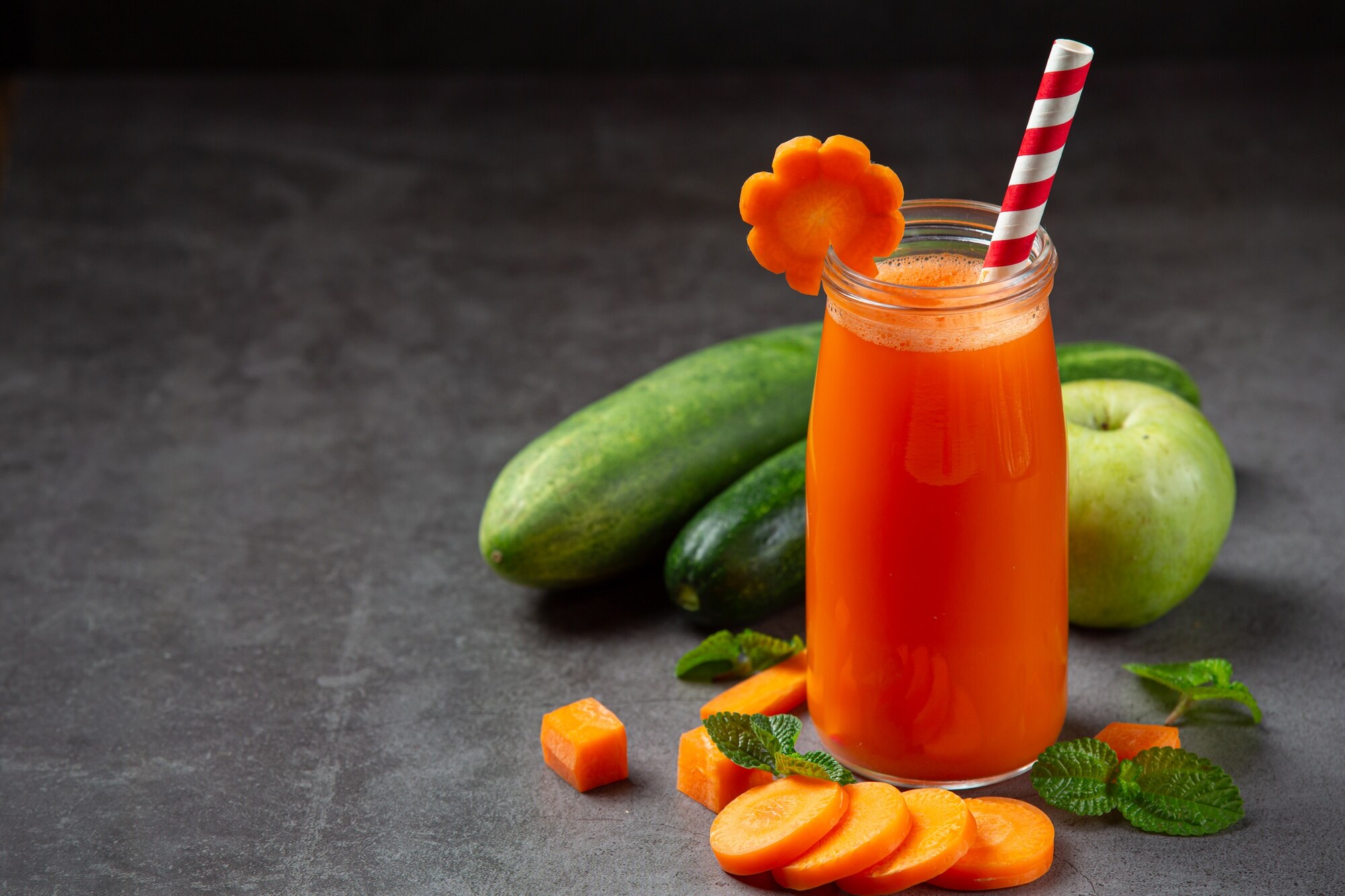
Have a glass of vegetable juice. If it bloats you up, you do not have the right amount of digestive enzymes in your system. Why? All plant vegetables have cellulose which can be hard to break down and digest when you eat it whole. Juicing these veggies transforms them into a constituent easier for your body to absorb. So, if you have vegetable juice or raw salads and they bloat you, it is not an issue with these foods but with your gut. It is a sign that you lack the digestive enzymes to break down something so natural and need to look after your gut health.
Most of us have depleted digestive enzymes due to inflammation, chronic stress, poor eating habits, a sedentary lifestyle, environmental pollution and toxins, and wrong-quality foods doused in pesticides, among other factors.
Probiotics: Are these game-changers in gut health?
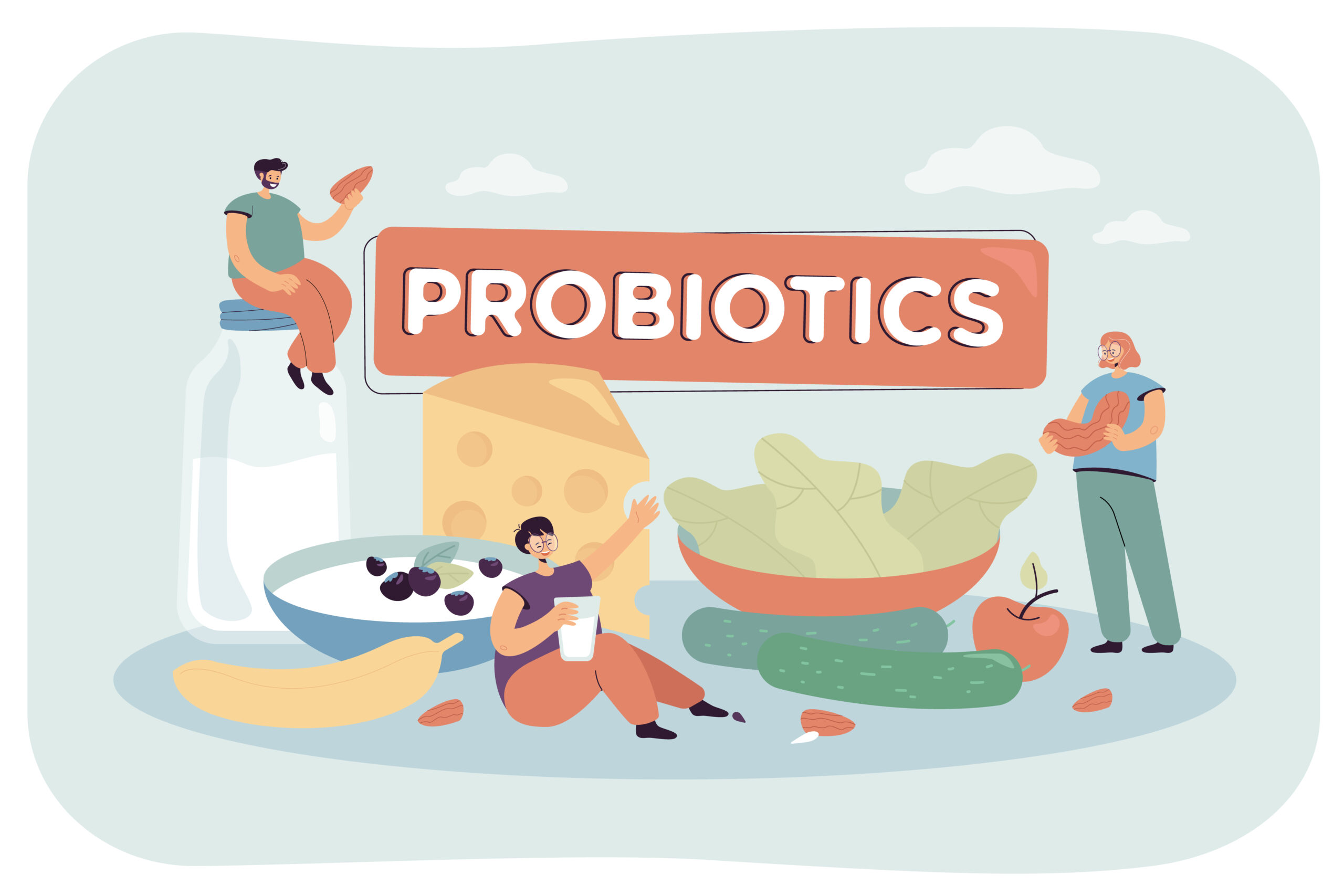
When you speak of gut issues, the immediate response by most gut enthusiasts is to invest in good probiotics. Today the market is saturated with all kinds of probiotics. It makes most people think that when they have gut issues, popping probiotics is the simplest way to combat them.
But merely doing and overdoing it on kombuchas, bowls of curd, and probiotic pills will not help. You need to address this problem at its root. Your gut has microbes – good and bad microbes. The good microbes help you digest your food and assimilate and absorb nutrients from your food deep into your cells. It is what deep cellular nutrition is all about. Immunity, growth, wear and tear, weight loss and gain, hormonal balance – everything starts from the health of your cells.
You need good gut microbes for digestion and nutrient absorption and to assist the existing digestive enzymes in your body to work better for you. The ratio of your bad microbes needs to be smaller when compared to your good ones. What can lead to an overgrowth of these bad microbes?
- Refined white sugar
- Junk and highly processed foods
- Genetically modified foods
- Excess salt
Cutting these foods down can help you change that ratio in your gut by depriving the bad microbes. Want to boost the colony of good gut bacteria? You don’t necessarily have to rely on expensive supplements and fancy probiotics. Here are two inexpensive recipes I want to share with you.
Luke’s DIY guide to the Great Indian Probiotic
What I am teaching you today is not my innovation. It has existed in our Indian culture for decades. But unfortunately these practices have been pushed to the back shelf after the flood of kefirs, kombuchas, and probiotic supplements in the market.
This powerful probiotic was made traditionally by our mothers, grandmothers, and great-grandmothers. It is non-dairy. There is a high chance your family made it for you when you were a kid. All the more a reason we need to go back to our roots and relearn these desi health hacks. I call this the Great Indian Probiotic. You can make it in your kitchen with everyday essentials.
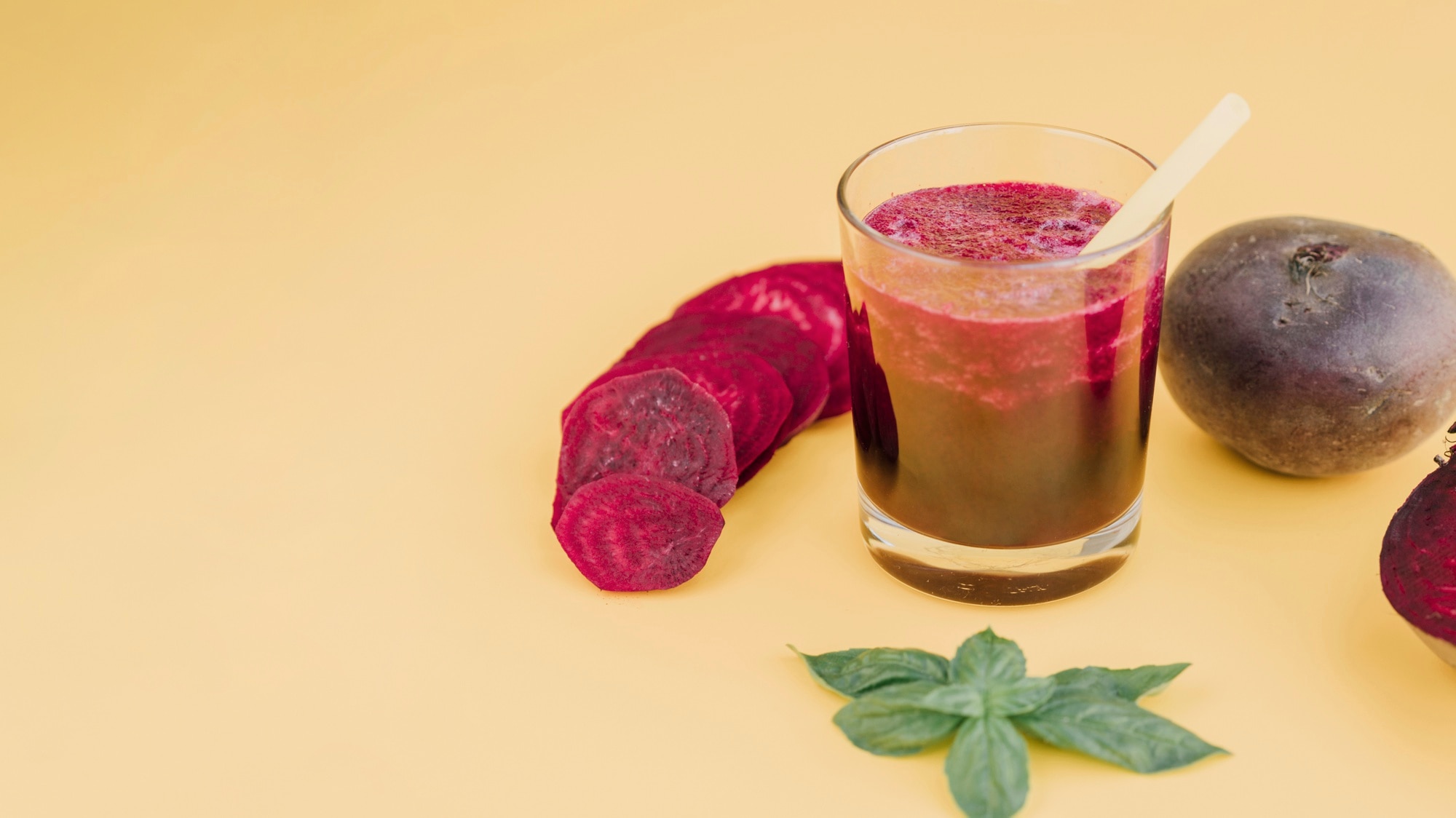
What you need:
- A large glass/ceramic jar
- 4 to 5 carrots/ 3-4 medium-sized dark beetroot (I prefer beetroot)
- A tablespoon of rock salt/black salt/Pink Himalayan salt
- A tablespoon of mustard seeds
Steps to follow:
- Fill the jar with 1 liter of water.
- Add a tablespoon of salt and crushed mustard seeds.
- Julienne your beetroot/carrot and add them to this. Cover this with a lid/thin muslin/cheesecloth.
- Store this for 5 to 6 days near the windowsill. Let it get sunlight and shade both.
- Every third day, take a wooden spoon and stir all the contents together.
- After a week, taste it. If it is tangy and sour, your probiotic drink is ready.
- Strain and pour it out. Have a glass of this liquid every day. You can eat the beetroot/carrots like a pickle with your meals.
You can opt to make batches of 2 to 3 liters. Store this in your fridge once the fermentation process is over (which takes a week). It is by far the most simple and inexpensive probiotic you can make. Want another recipe?
Try this 2-ingredient probiotic at home.
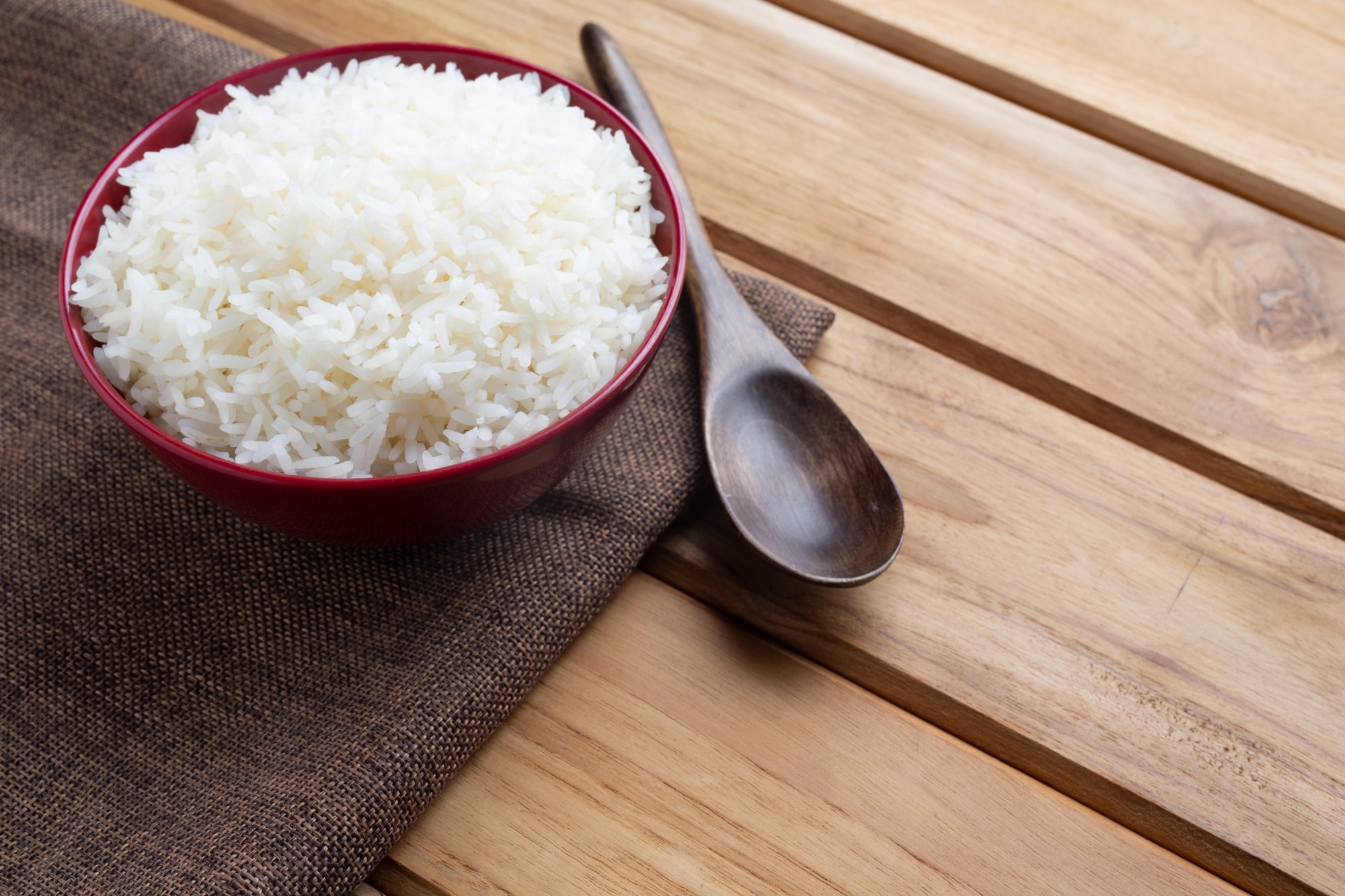
Another simple probiotic that you can make at home need only two ingredients. It is also known as rice kanji.
Leftover cooked rice and water.
- All you need to do is take 2-3 tablespoons of leftover cooked rice and soak it in some water in a mud pot.
- Cover and keep it overnight. It will ferment by the following morning.
- Strain the water out. Add a tempering of curry leaves, mustard seeds, and chili. Enjoy.
- It is a fantastic non-dairy probiotic for you.
Remember: Probiotics do not work without prebiotics.
A prebiotic is a specialized plant fiber. What does it do? It enables and allows the growth of good bacteria in your gut. It acts like a fertilizer for them. For your probiotics to work, you need prebiotics entering your system. A complete probiotic plan will always have a prebiotic infused in it. Some sources of prebiotics include garlic, onion, apples, bananas, oats, cacao or raw cacao nibs, quality dark chocolate or anything rich in cocoa, flax seeds, apple cider vinegar, and psyllium husk/isabgol, among others.
Try this simple prebiotic drink that you can make at home.
What you need:
- 1 teaspoon of isabgol powder or psyllium husk
- 1 tablespoon of apple cider vinegar with the mother culture
- 200 to 250 ml glass of water
Steps to follow:
- Mix these ingredients.
- Consume it at least 20 to 30 minutes before breakfast, lunch, or dinner.
- You can choose to do it before one meal or all three meals.
- If you find apple cider vinegar too strong for you, reduce the quantity to 1 teaspoon.
Notes to remember:
- Always ensure that your apple cider vinegar has mother culture in it. It is what enables the right bacteria to work as a prebiotic in your system. It will help reduce bloating, flatulence, and acidity.
- Never have apple cider vinegar out of a bottle. You will burn and inflame the tissues of your esophagus, creating more acidity and causing severe damage.
Luke’s Power Tip:
Whenever I am having this isabgol-apple cider vinegar concoction twice a day, I add a dash of Sri Lankan rolled cinnamon powder to one of them. NOT both of them. Cinnamon can lower your blood sugar levels post a meal. If you know that you are preparing to have a big dinner outside or in a place where you do not have any control over the quality of oils, spices, and other ingredients. It can be helpful.
The bottom line
Try these at home. Now do not expect magical results in a day. Do it religiously with consistency and discipline for at least 3 weeks. Nature takes its own pace to work. Check if you experience a change in your system. Always make an informed choice. If any ingredients do not suit you, avoid them.
When you change the health of your gut, many beautiful changes can happen in your intelligently designed body. Your skin and hair will look better, your energy levels will improve, and your inflammation and autoimmune flare-ups (if any) will reduce because now your cells get the nutrients they need. Eat your gut-friendly foods like fruits, vegetables, soaked nuts, and seeds. Take your natural pre and probiotics. But remember, these will not work alone. Only coupling them with the right lifestyle changes can help you repair your gut and let it function the way it is supposed to.
ALSO WATCH: A Simple 4-Ingredient Indian Probiotic Drink
Need to assess and rebuild your gut health?
We help you find a way.
Know more about our You Care Wellness Gut Health Program here.
Set up a one-on-one consultation with our integrative team of experts on WhatsApp here, call 1800 102 0253, or write to us at info@lukecoutinho.com.
RELATED READINGS
Migrating Motor Complex: How To Activate the Most Natural Gut Cleanse Ever?
What Is a Leaky Gut? Symptoms, Causes and Fixes
How To Build Good Gut Health?
DIY Pumpkin Sauce – Easy, Gut-Friendly, No-Preservatives
|
From a pimple to cancer, our You Care Wellness Program helps you find a way Talk to our integrative team of experts today 18001020253 |

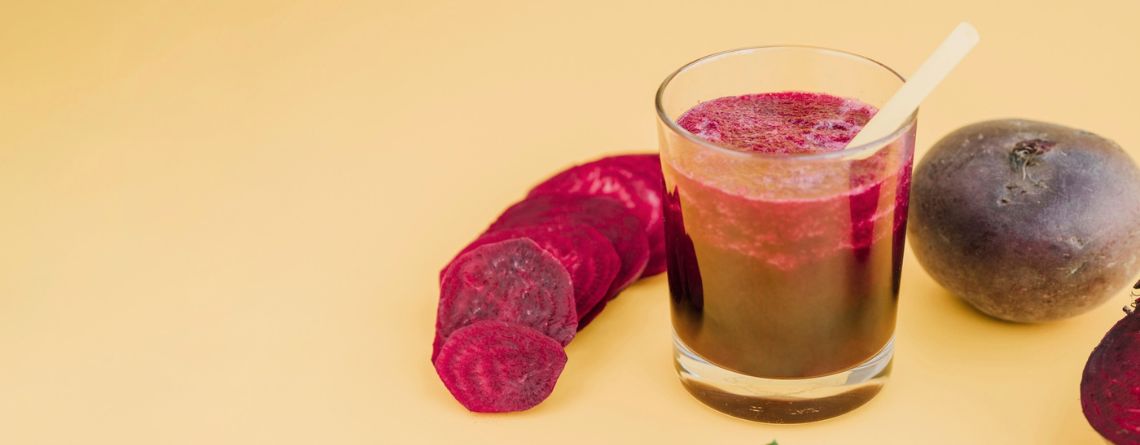


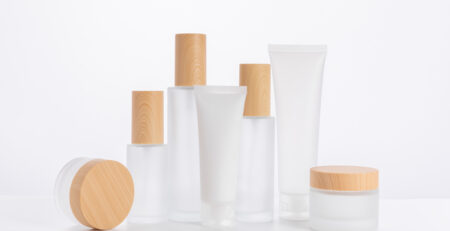

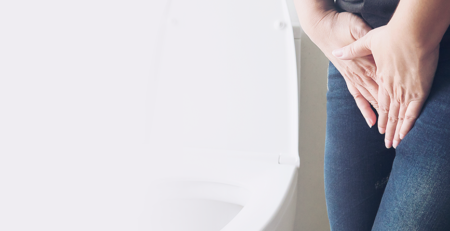
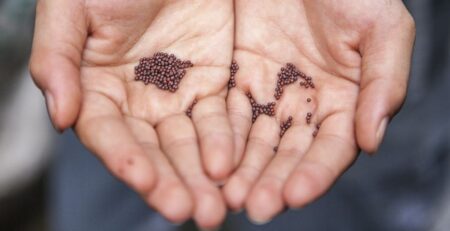
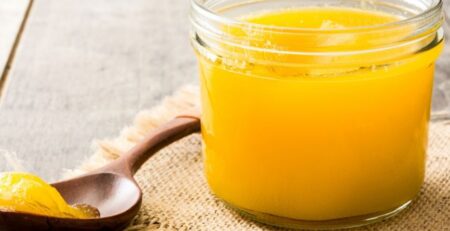

Comments (5)
Need an appointment with you regarding the dietary issue Mr.Luke
Hi Latha,
You can reach out to my team by calling 18001020253 or writing to info@lukecoutinho.com
How long can the beetroot probiotic last in he fridge?
In the fridge for up to a couple of weeks. But it is also good to keep an eye. If you notice any mold at the top, discard it immediately.
I am from Trinidad and love your lifestyle education. God bless keep up good work.